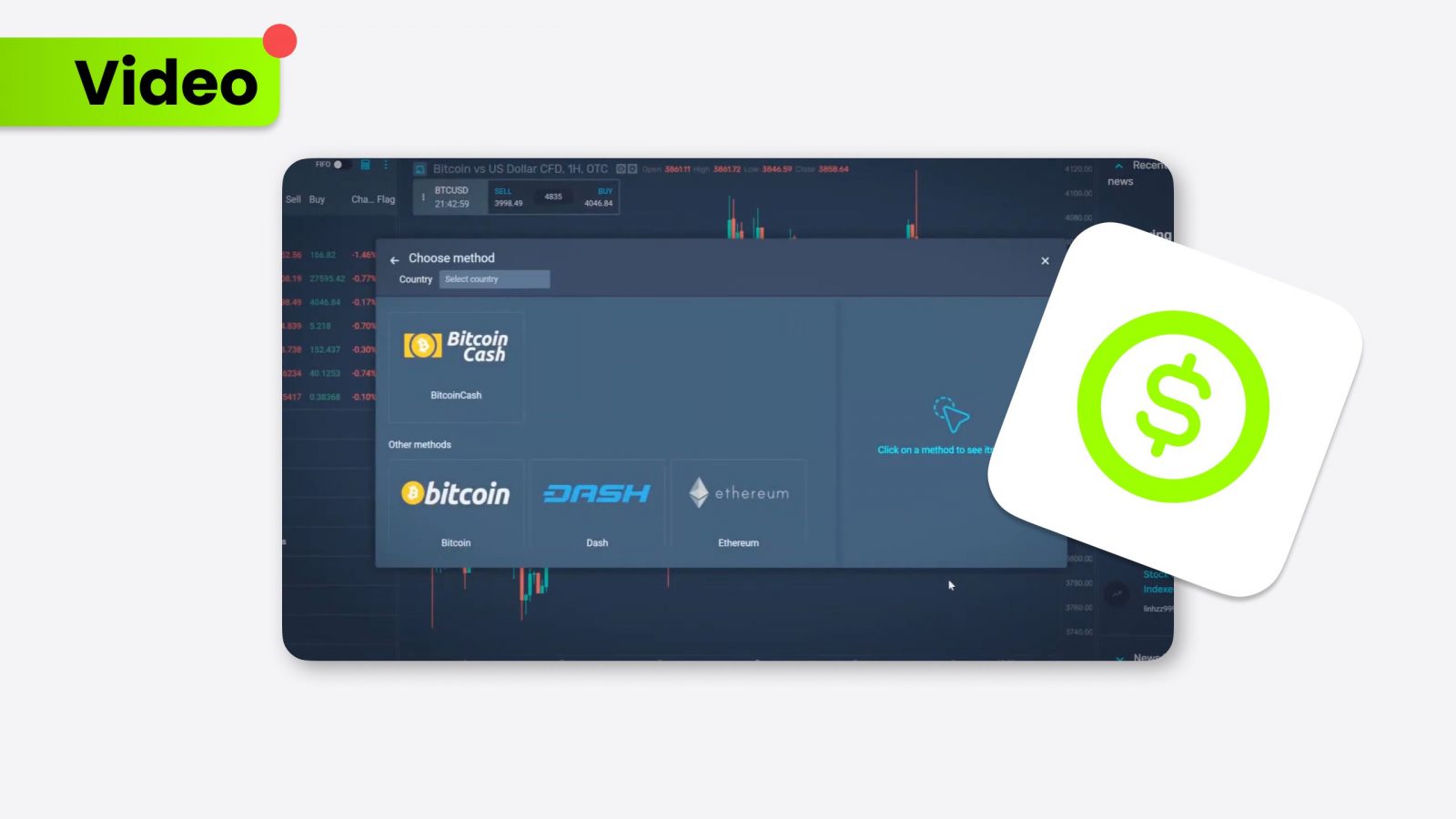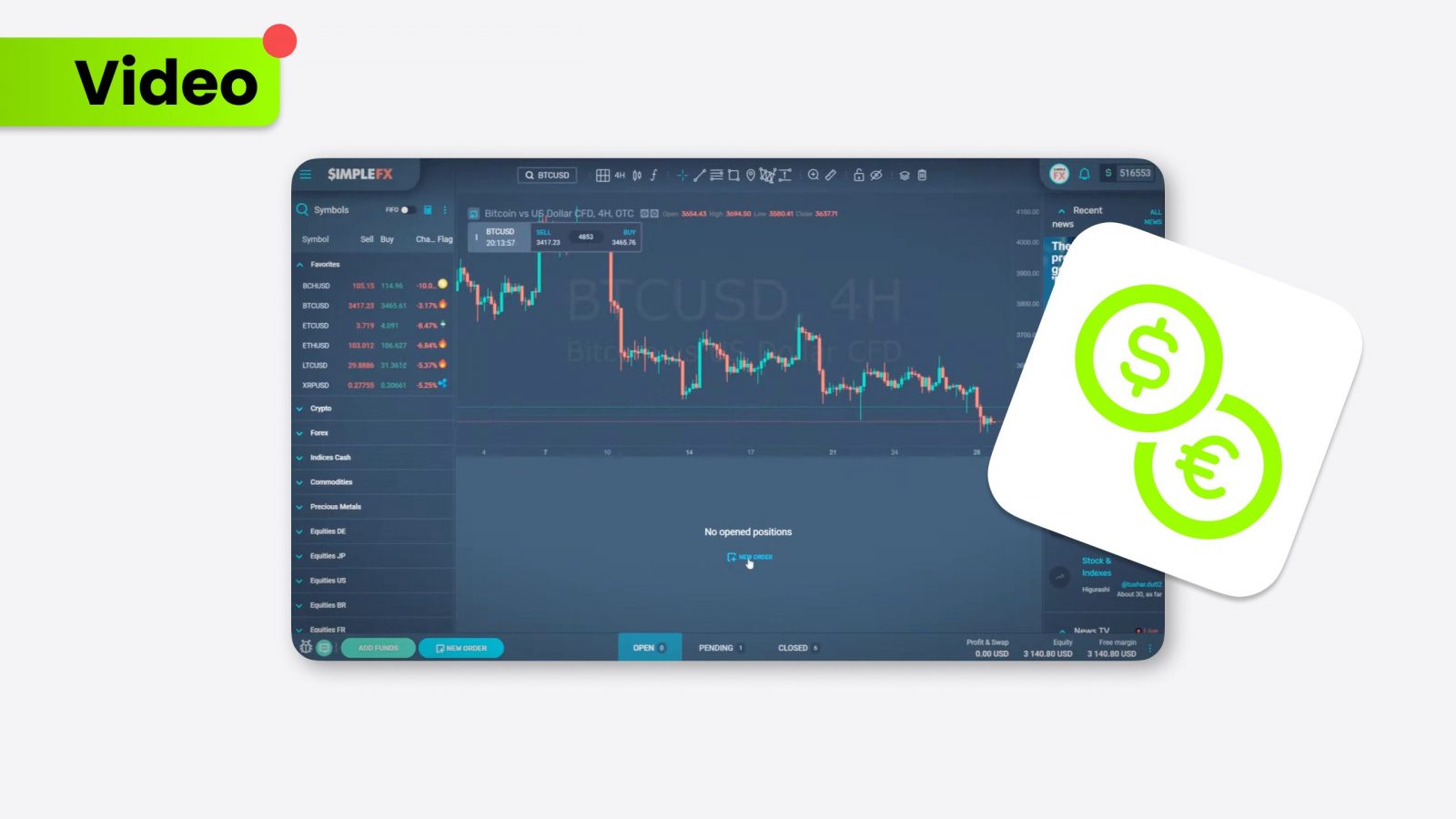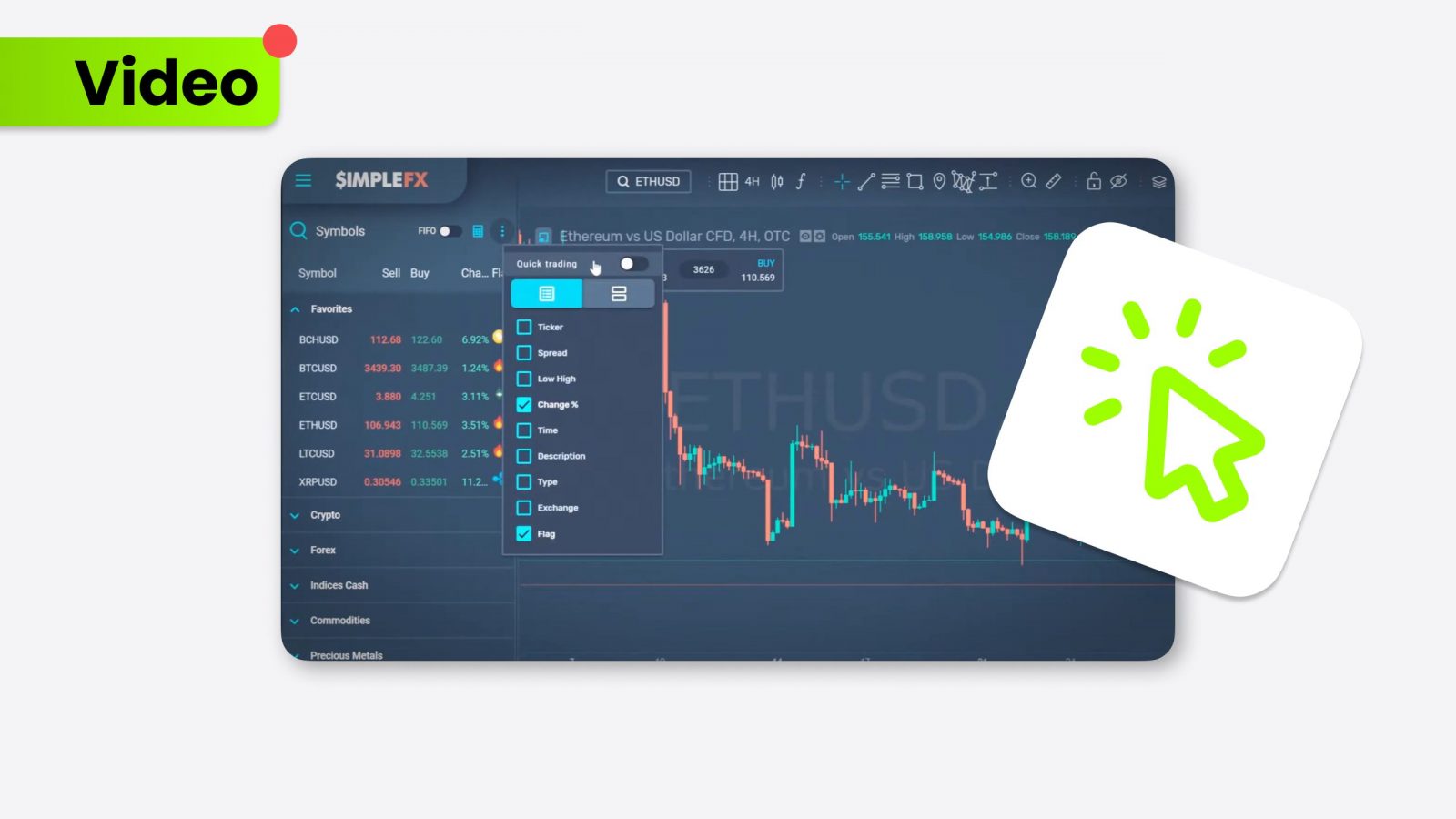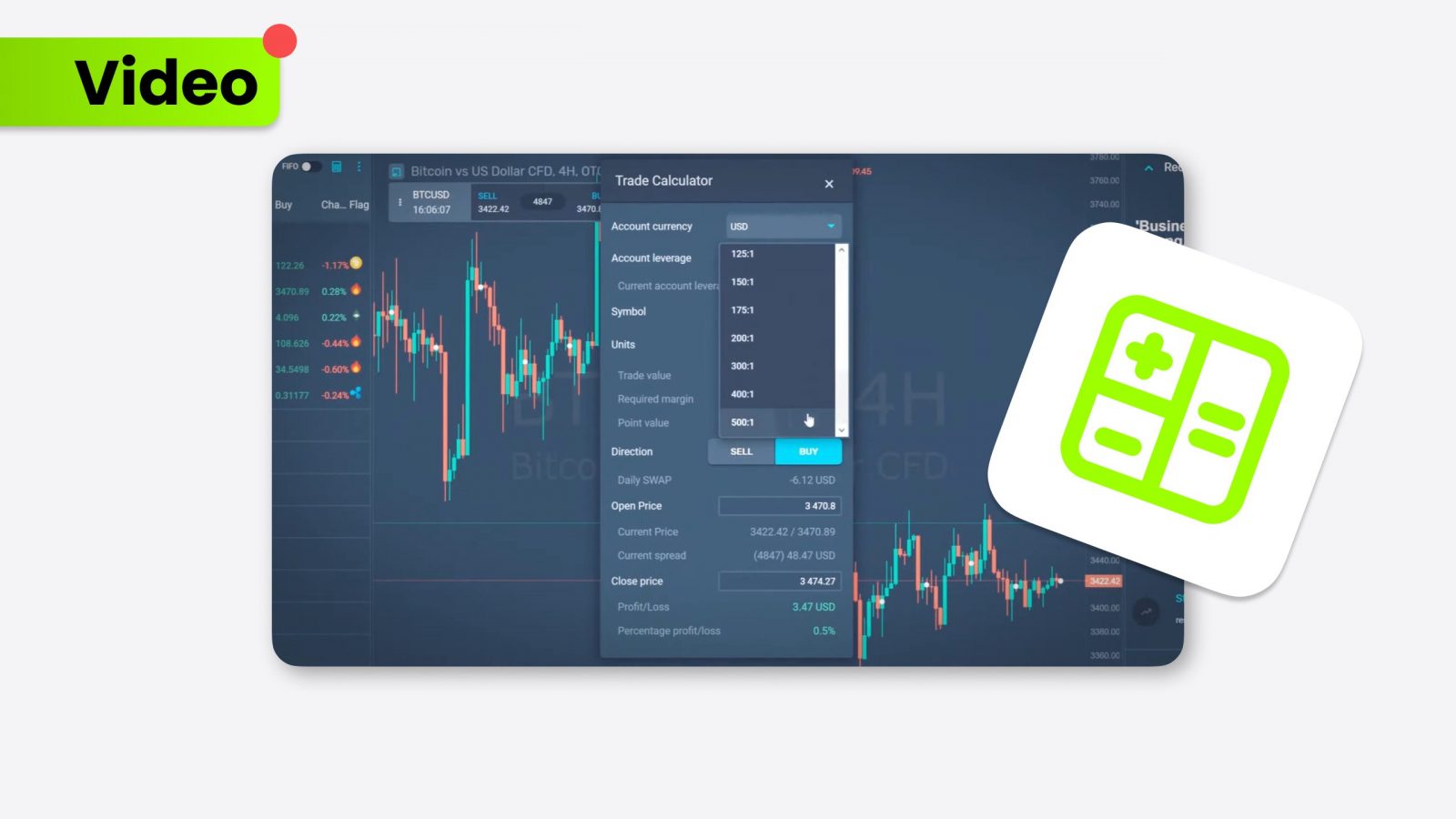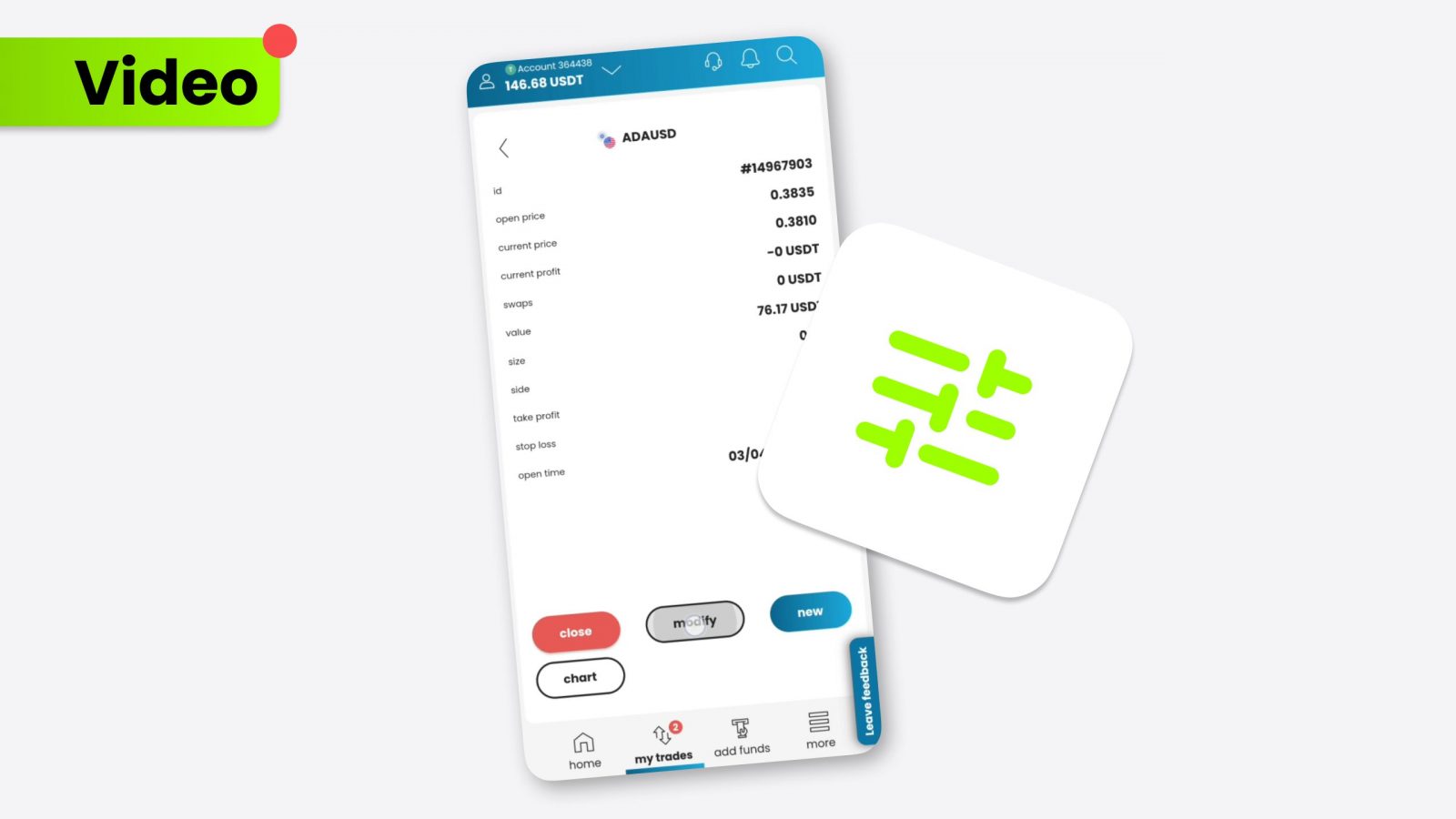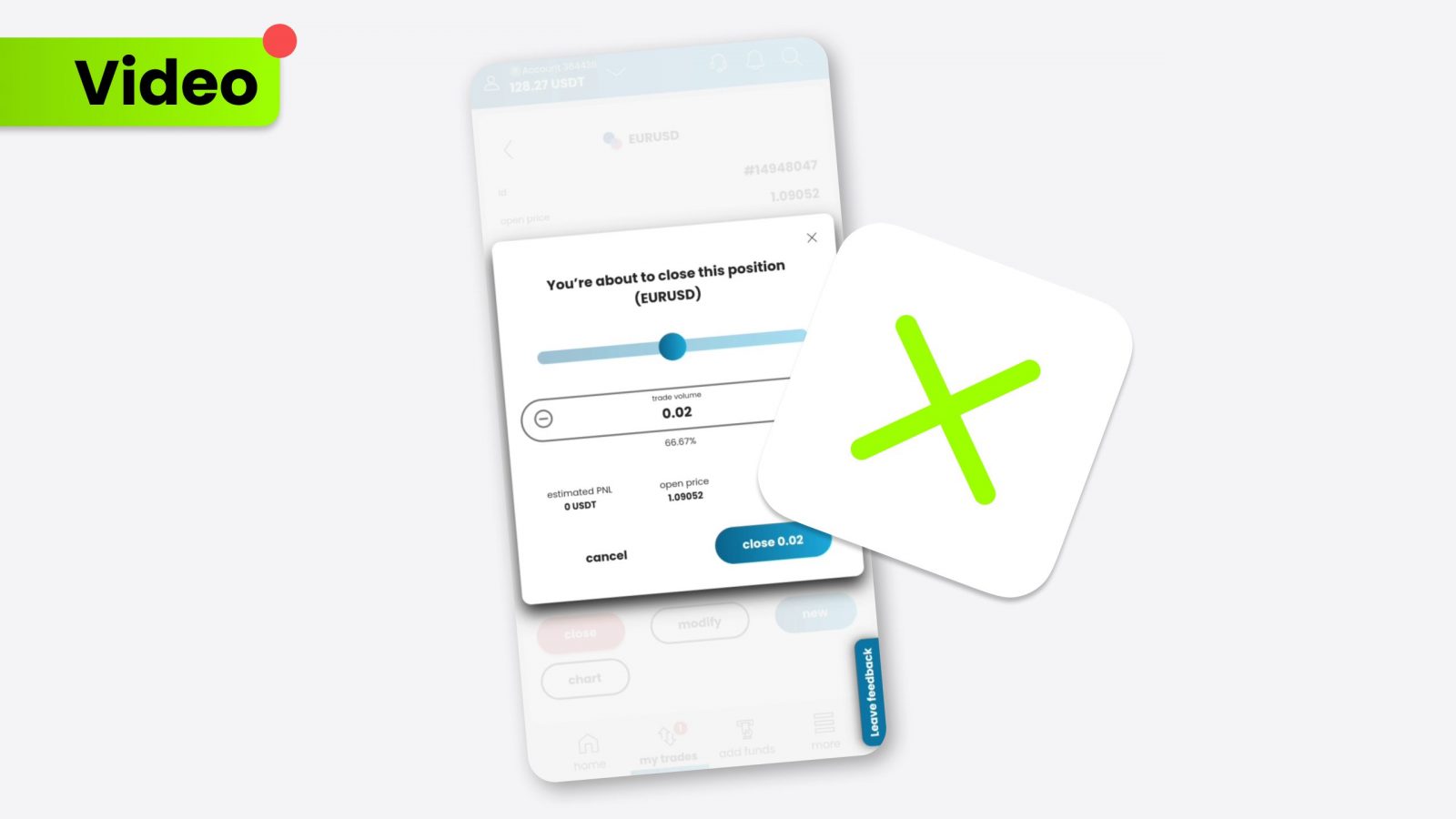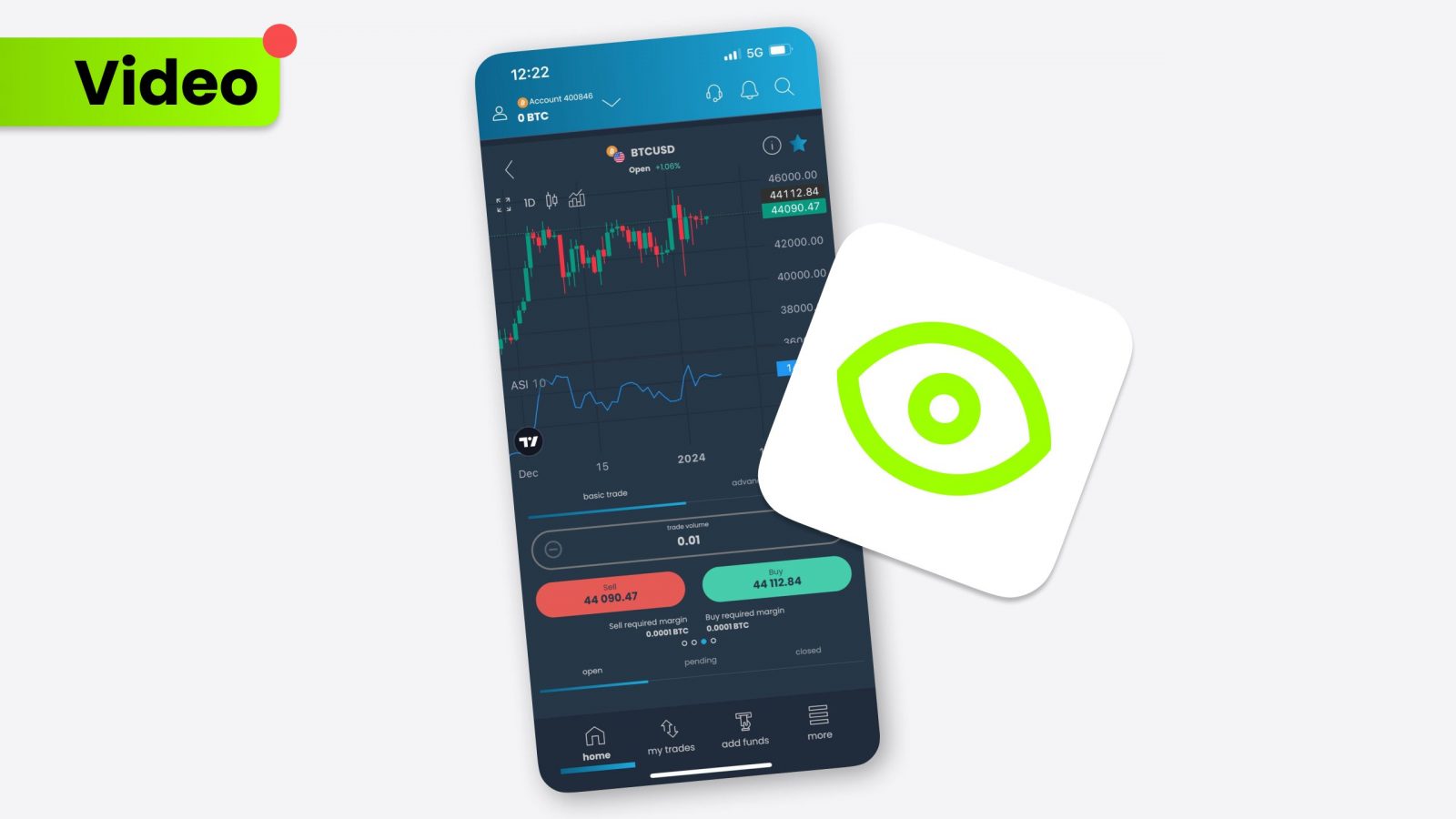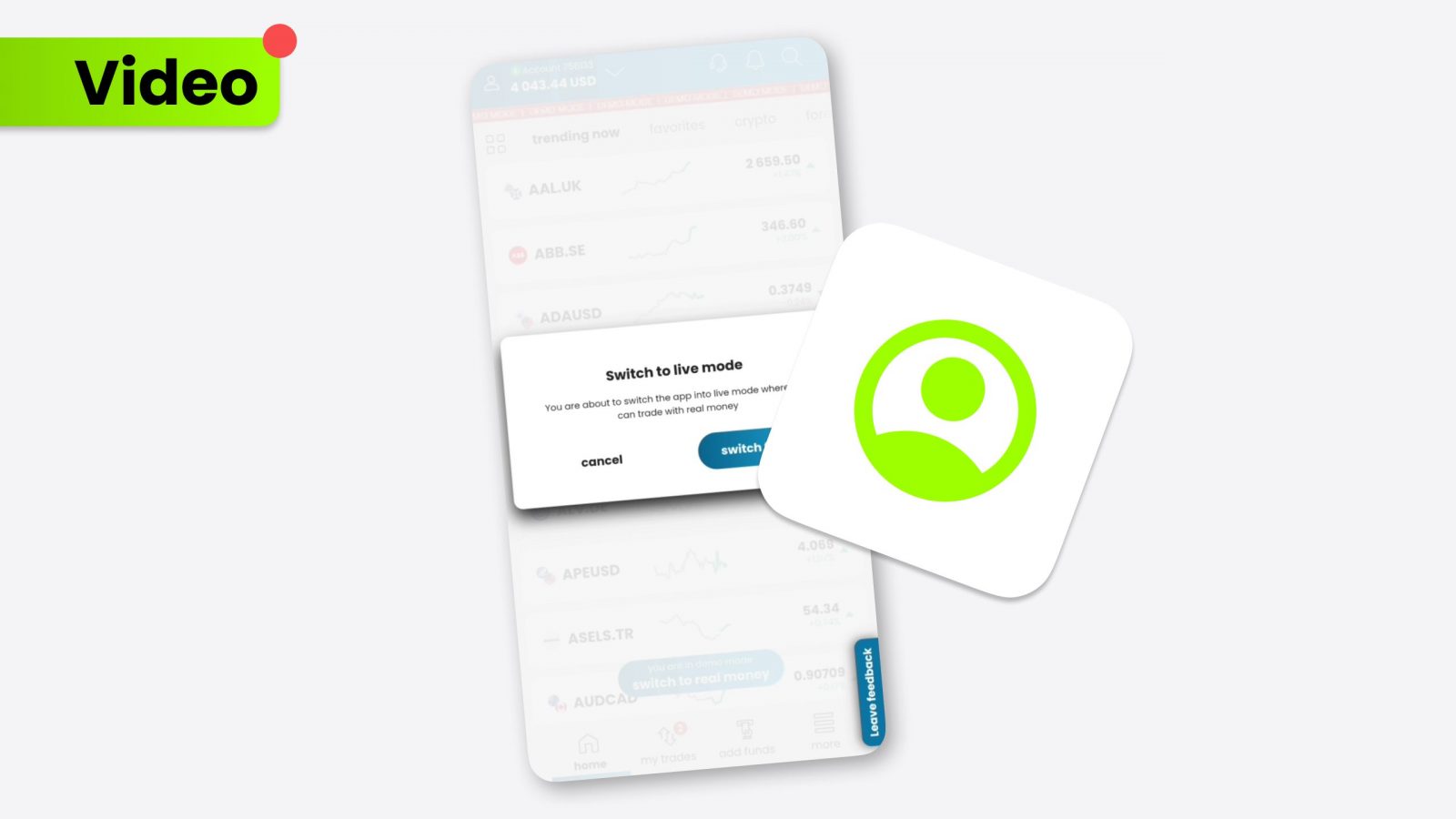Bitcoin Cash emerged as a direct result of the debates within the Bitcoin community about scalability and transaction speed. Introduced in 2017 through a hard fork from Bitcoin, Bitcoin Cash was designed to accommodate a larger block size to improve transaction processing times and fees, making it an attractive alternative for everyday transactions.
- Exploration of the origins and objectives of Bitcoin Cash.
- Comparison of the transaction speeds and costs with Bitcoin.
- Discussion about the adoption and practical uses of Bitcoin Cash in the digital economy.
The genesis of Bitcoin Cash
Bitcoin Cash was created to address some of the inherent issues Bitcoin faces, particularly scalability and transaction fees. As the Bitcoin network grew, it became evident that adjustments were needed to accommodate the increasing volume of transactions. Bitcoin Cash is one of the most popular altcoins in the cryptocurrency landscape.
Bitcoin vs Bitcoin Cash
While Bitcoin and Bitcoin Cash share the same underlying crypto technology and goal of being used as digital cash, the key difference lies in their block size. Bitcoin has a block size limit of 1 MB, whereas initially expanded this limit to 8 MB, aiming to allow more transactions per block and improve scalability.
Features and enhancements
Bitcoin Cash increased the block size and implemented other changes, such as an updated difficulty adjustment algorithm. These technical enhancements aim to make Bitcoin Cash more adaptive and responsive to the needs of its network, ensuring faster transaction times and lower fees.
Bitcoin Cash use in everyday transactions
The practical application of Bitcoin Cash in everyday transactions is one of its standout features. Businesses and consumers needing quick and affordable digital payments have increasingly turned to Bitcoin Cash, specifically optimized for small and frequent transactions.
Adoption and market impact
Since its inception, Bitcoin Cash has seen varying levels of adoption. Its enhancements in speed and cost have attracted users and businesses looking for efficient blockchain solutions, although it still faces competition from other cryptocurrencies, including its predecessor, Bitcoin.
Bitcoin Cash and the digital economy
Bitcoin Cash’s impact extends beyond just transaction efficiency; it also plays a role in fostering a more inclusive digital economy. By providing a platform that supports faster and cheaper transactions, Bitcoin Cash enables a broader range of individuals and businesses to participate in digital commerce.
Future outlook and challenges
As with any cryptocurrency, Bitcoin Cash faces market adoption and perception challenges. Its future success will depend on several factors, including technological advancements, user adoption rates, and its ability to maintain relevance amid evolving blockchain technologies.
Addressing scalability and adoption
Continued focus on scalability and user adoption is critical for the longevity of Bitcoin Cash. Ensuring that the network can handle large volumes of transactions without compromising on speed or cost will be pivotal as the digital currency market expands.
Conclusion
Bitcoin Cash represents a significant evolution within the cryptocurrency space, offering an alternative that addresses some of the limitations of the original Bitcoin protocol. With its enhanced transaction capabilities and focus on practical usage, Bitcoin Cash continues to be a noteworthy participant in the broader quest for a scalable and efficient digital cash system. As the cryptocurrency landscape evolves, the role and impact of Bitcoin Cash will undoubtedly be a key topic of interest and discussion within the community.




































